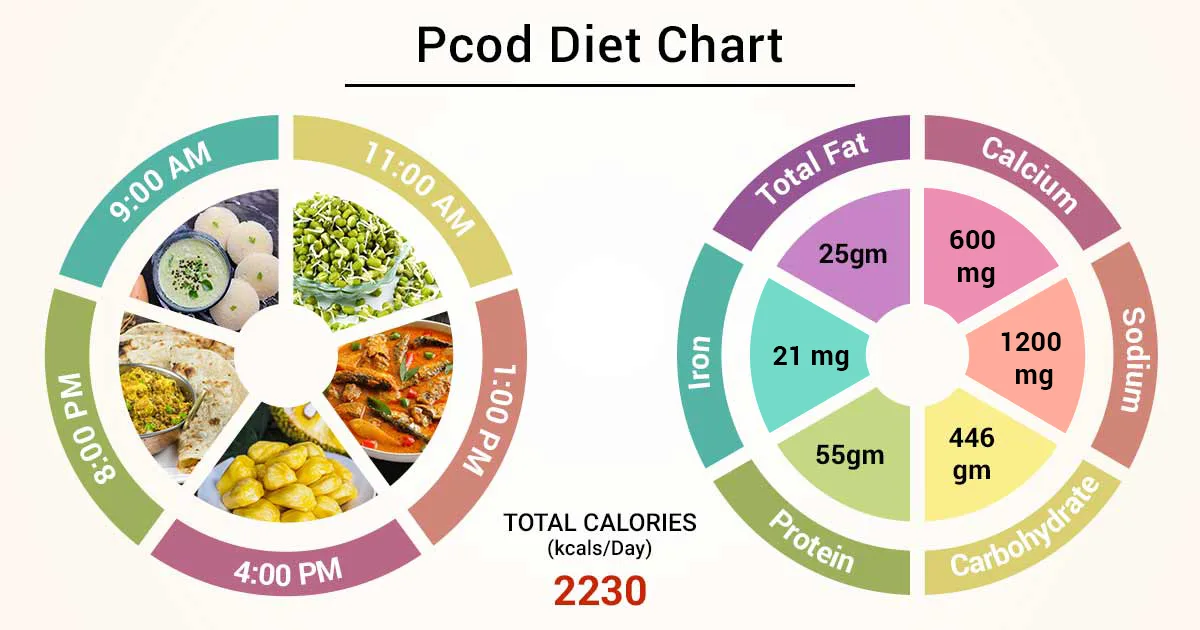Dietician For Pcod Patients In Navi Mumbai
Polycystic Ovary Syndrome (PCOD) is a common hormonal disorder that affects many women in Navi Mumbai. It can lead to a range of health issues, including irregular menstrual cycles, weight gain, and fertility problems. However, a well-structured diet plan can play a crucial role in managing PCOD symptoms and improving overall health. In this article, we’ll explore how a qualified dietitian in Navi Mumbai can help PCOD patients with a personalized dietary approach.
Personalized Diet Plan For PCOD Patients In Navi Mumbai
Understanding PCOD: PCOD is characterized by the presence of small cysts on the ovaries and hormonal imbalances. It can lead to a variety of symptoms such as irregular periods, acne, hair growth, and weight gain. Diet can influence insulin resistance, hormonal balance, and inflammation, making it a crucial factor in managing PCOD.
The Role Of A Dietitian In Navi Mumbai: A Dietitian With Expertise In PCOD Can Help Patients In Navi Mumbai In Various Ways:
- Personalized Diet Plans: Each PCOD patient is unique, and their dietary needs may differ. A dietitian will assess the patient’s health, weight, and goals to create a tailored meal plan that addresses their specific needs.
- Weight Management: Weight gain is a common issue in PCOD patients. A dietitian can develop a weight management plan that encourages healthy, sustainable weight loss through balanced nutrition.
- Blood Sugar Control: Insulin resistance is a common problem in PCOD. A dietitian can design a diet that helps regulate blood sugar levels, reducing the risk of type 2 diabetes.
- Hormone Regulation: Certain foods and nutrients can influence hormone levels. A dietitian can suggest foods that help balance hormones, alleviating PCOD symptoms.
- Inflammation Reduction: Inflammation is linked to PCOD complications. A dietitian can recommend an anti-inflammatory diet that may ease discomfort and enhance overall well-being.
- Nutritional Education: A dietitian can educate PCOD patients in Navi Mumbai about the best food choices, portion control, and mindful eating to empower them to make healthier food choices independently.
The Components Of A PCOD Diet Plan: A Dietitian's PCOD Diet Plan May Include:
- Whole Foods: Encouraging a diet rich in fruits, vegetables, whole grains, lean proteins, and healthy fats.
- Balanced Meals: Designing meals that include a combination of carbohydrates, proteins, and fats to stabilize blood sugar levels.
- Portion Control: Teaching patients how to control portion sizes to avoid overeating.
- Regular Meals: Promoting regular meal times to avoid blood sugar spikes and crashes.
- Hydration: Encouraging adequate water intake to maintain overall health.
- Lifestyle Changes: Suggesting lifestyle modifications, including exercise and stress reduction techniques, to complement the dietary approach.
